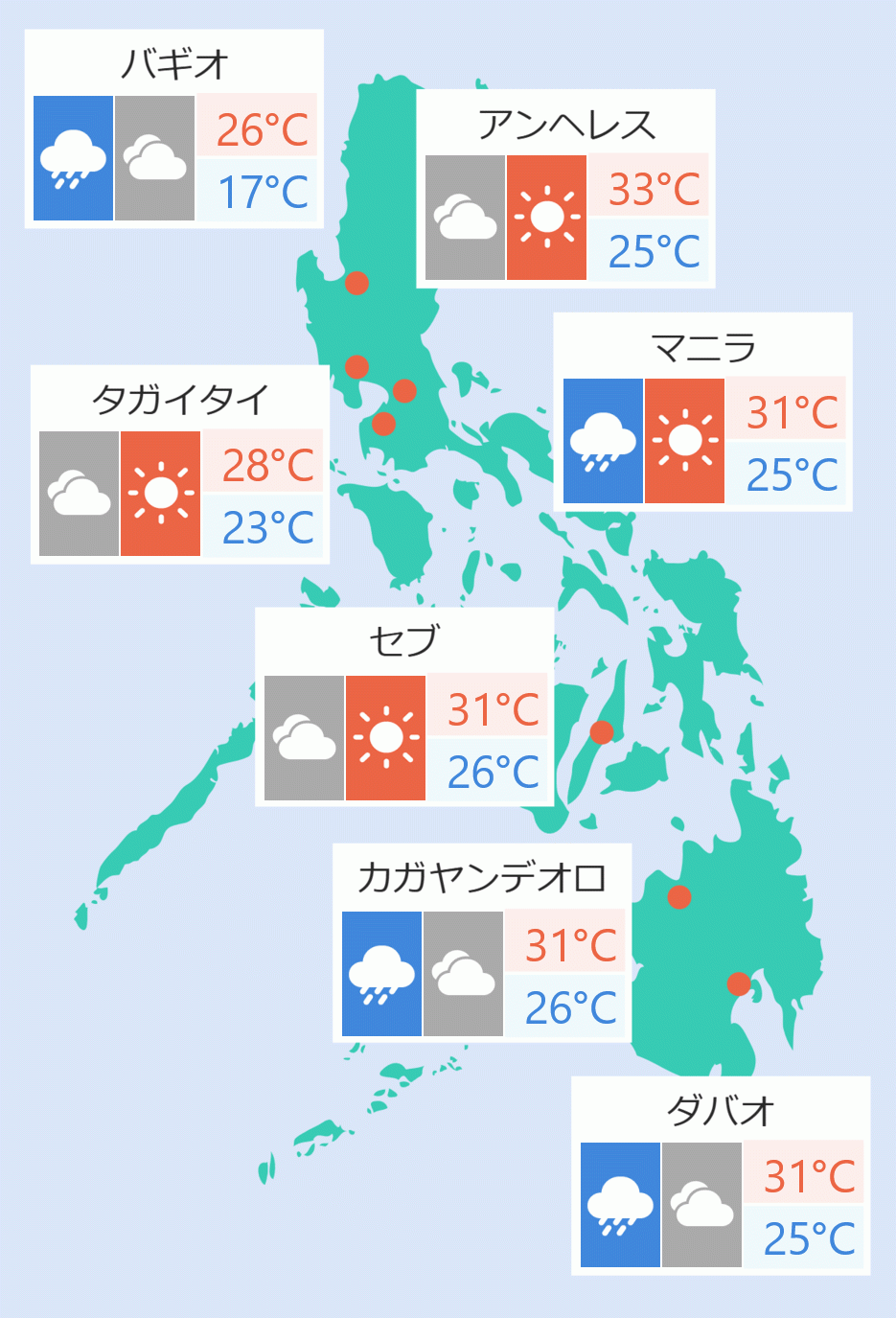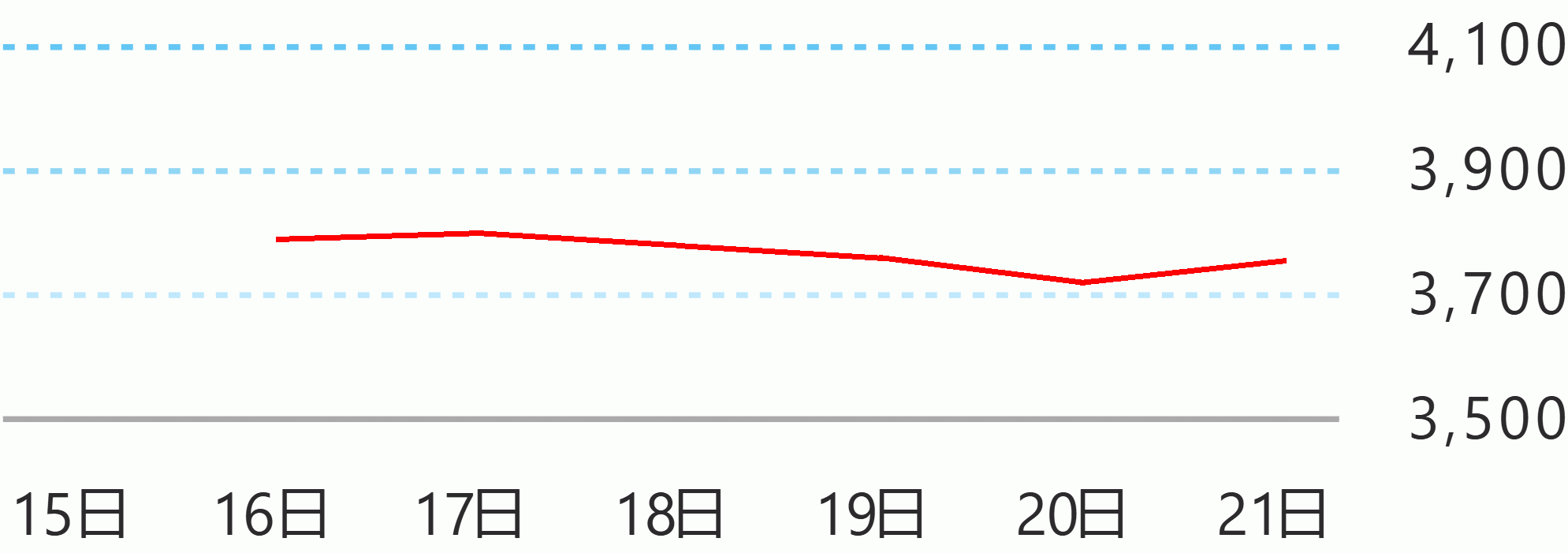The Philippines’ top economic officials highlighted the country’s nascent economic recovery and bright medium- and long-term growth prospects before more than 300 guests from Japanese corporate and financial institutions.
During the virtual Philippine Economic Briefing (PEB) for Japan held Tuesday, the country’s central bank governor, as well as the secretaries of finance, socioeconomic planning, and trade expounded on the government’s efforts to push the Philippines toward a strong economic recovery from the COVID-19 crisis within the short term, and further toward a much stronger and more inclusive economy in the post-COVID era.
At the same time, the Philippines’ ambassador to Japan highlighted the two countries’ strong bilateral ties and encouraged the audience to consider the Philippines’ bright prospects and the various investment and trade opportunities that the country offers.
The PEB aims to drum up Japanese investments in the Philippines that will add momentum to the country’s recovery process.
“The Philippines aims not only to regain what was lost from the COVID crisis. We want a “post-COVID-19 economy” that is stronger, more technologically advanced, more sustainable, and more inclusive than ever before,” Bangko Sentral ng Pilipinas (BSP) Governor Benjamin Diokno said in his presentation.
Diokno said the BSP is actively pursuing a “post-COVID-19 Economy,” such as by promoting financial digitalization and sustainable finance. He added that the BSP’s commitment to maintain price stability and a stable financial system helps provide an enabling environment for businesses to prosper.
Japanese investors are welcome to do business in the Philippines and take advantage of opportunities in the financial sector, Diokno said.
Socioeconomic Planning Secretary Karl Kendrick Chua expounded on the Philippines’ economic recovery program and gave more details on the country's infrastructure program in his presentation.
"Together with the continuous roll-out of our vaccination program, infrastructure will be key in driving economic recovery, restoring confidence, and bringing back jobs. We wish to thank Japan, the Philippines' largest bilateral development partner, for its continuous support for the Philippine government's ‘Build, Build, Build’ program" Chua said.
Finance Secretary Carlos Dominguez presented developments in the country’s fiscal sector, including the recent enactment of a landmark law rationalizing the country’s corporate tax and fiscal incentives regime.
Dominguez explained that the Corporate Recovery and Tax Incentives for Enterprises (CREATE) law provides an immediate 10 percentage point cut in the corporate income tax rates of micro, small and medium enterprises, from 30 percent to 20 percent.
The rest of the corporations enjoy a 5-percentage point reduction, from 30 percent to 25 percent. In addition, he added, the CREATE law provides flexibility in granting fiscal and non-fiscal incentives. This introduces an enhanced incentives package that is performance-based, time-bound, targeted, and transparent.
“There is much economic energy waiting to be unleashed in the coming period. Our recovery will get a boost with the implementation of the CREATE law. This is the largest economic stimulus program for businesses in our recent history,” Dominguez said.
“Through CREATE, we see an opportunity to draw in high-value investments by incentivizing industries that will introduce new technologies and innovations, and create more jobs,” he added.
Trade and Industry Secretary Ramon Lopez presented investment opportunities in the Philippines for Japanese and other foreign investors during his presentation. He also highlighted the valuable economic partnership between the Philippines and Japan.
“Japan has been a strong and important trading partner and investment source of the Philippines, especially in the areas of electronics and medical devices. Last year, Japan was our country’s second major trading partner, our top export market, and our second biggest import source. This continued for January to June 2021, as Japan was our second major trading partner with $10.34 billion of trade, an increase of 21 percent compared with the same period in 2020 with $8.56 billion,” Lopez said.
Meanwhile, Philippine Ambassador to Japan Jose C. Laurel V cited the productive relations between the Philippines and Japan.
“Our bilateral and regional work continues in various sectors, such as infrastructure development, trade and investment, defense, security, and maritime cooperation, science and technology cooperation, human resource development, and assistance for Mindanao, to name a few,” the Ambassador said in his remarks.
“We hope that through this briefing, the spotlight on the Philippines will continue, specifically on its economic performance and reforms,” the Ambassador added.
The PEB for Japan was organized by international and Japan-based Sumitomo Mitsui Financial Group (including SMBC and SMBC Nikko Securities), together with the Philippine Embassy in Japan, Bangko Sentral ng Pilipinas (central bank of the Philippines), and the Philippines’ Department of Finance, National Economic and Development Authority, and Department of Trade and Industry.
During the event, officials from SMBC Group cited the benefits of doing business in the Philippines.
Yasuyuki Kawasaki, chairman representative director of SMBC Nikko Securities, said “Even amid the pandemic, Japan Credit Rating Agency (JCR) assigns an A- credit rating to the Philippines, reflecting strength of the Philippine economy.
At the same time, with SMBC Nikko as arranger, the Philippines successfully issued its first zero-coupon Samurai bonds earlier this year. This shows confidence of Japanese investors on the Philippines, which is among the most important issuers in the Japanese debt capital market.”
Ryuji Nishisaki, senior managing executive officer and co-head of Global Banking Unit of Sumitomo Mitsui Banking Corp., said, “SMBC Group considers the Philippines as one of the most important countries under our ‘expand franchise in Asia’ strategy. Since we opened a representative office in the Philippines in 1975, we have been providing financial services to Japanese and local customers through our long-standing co-operative relationship with Metrobank. We also acquired shares in RCBC in July this year. Going forward, we will continue to contribute to the economic growth of the Philippines, such as by helping our Japanese clients to invest in the country.”
Sumitomo Mitsui Banking Corp. operates a bank branch in Manila (SMBC Philippines), while SMBC Nikko Securities served as sole lead manager for the Philippine government’s Samurai bond issuance last March.? BSP





 English
English









